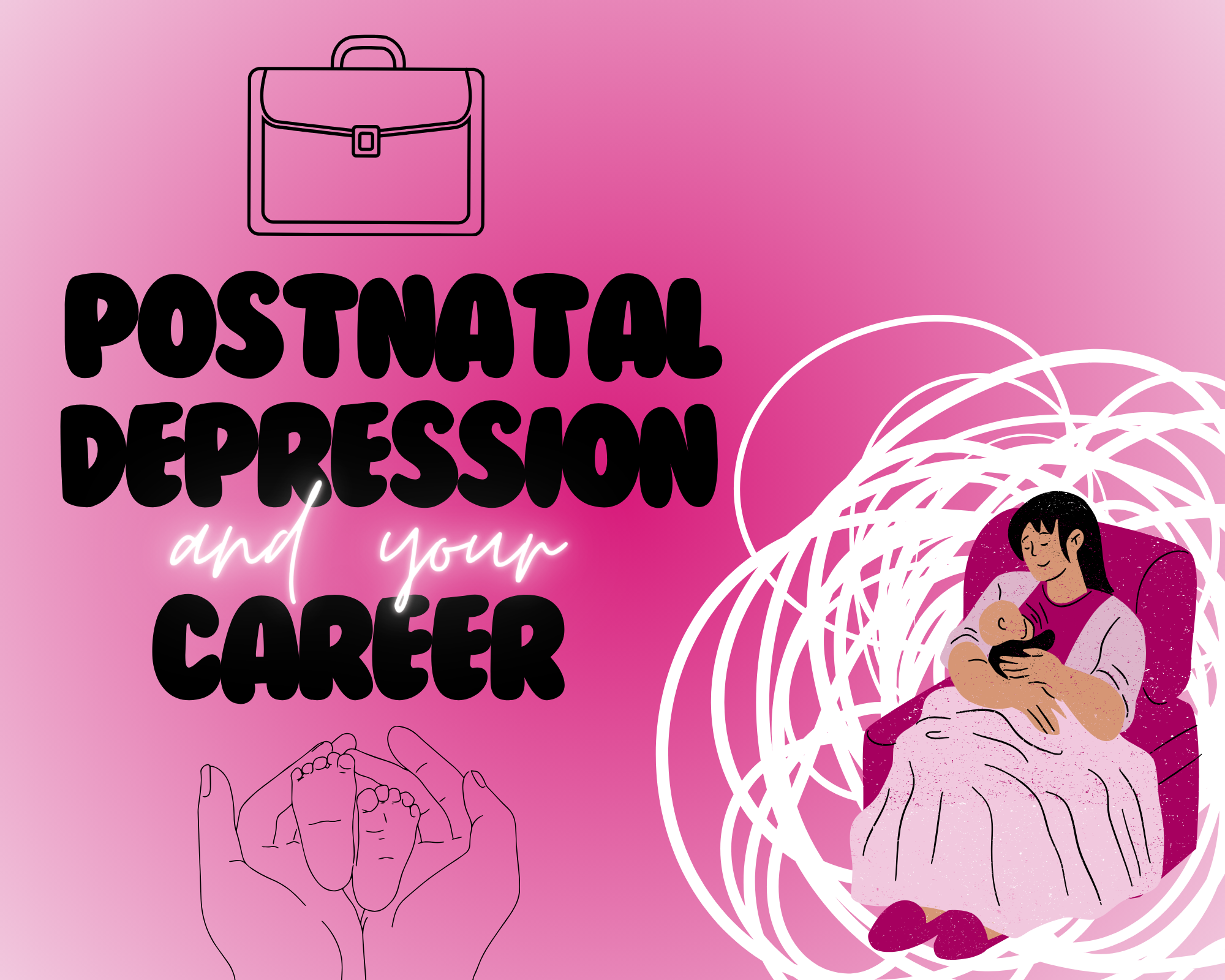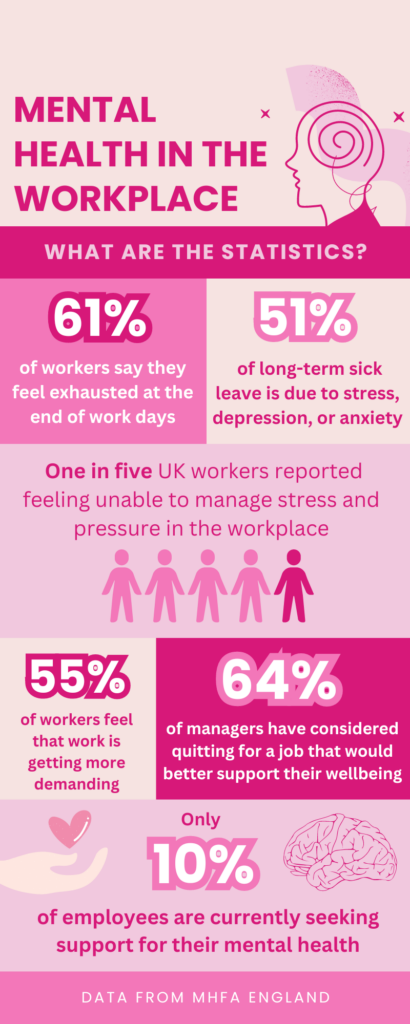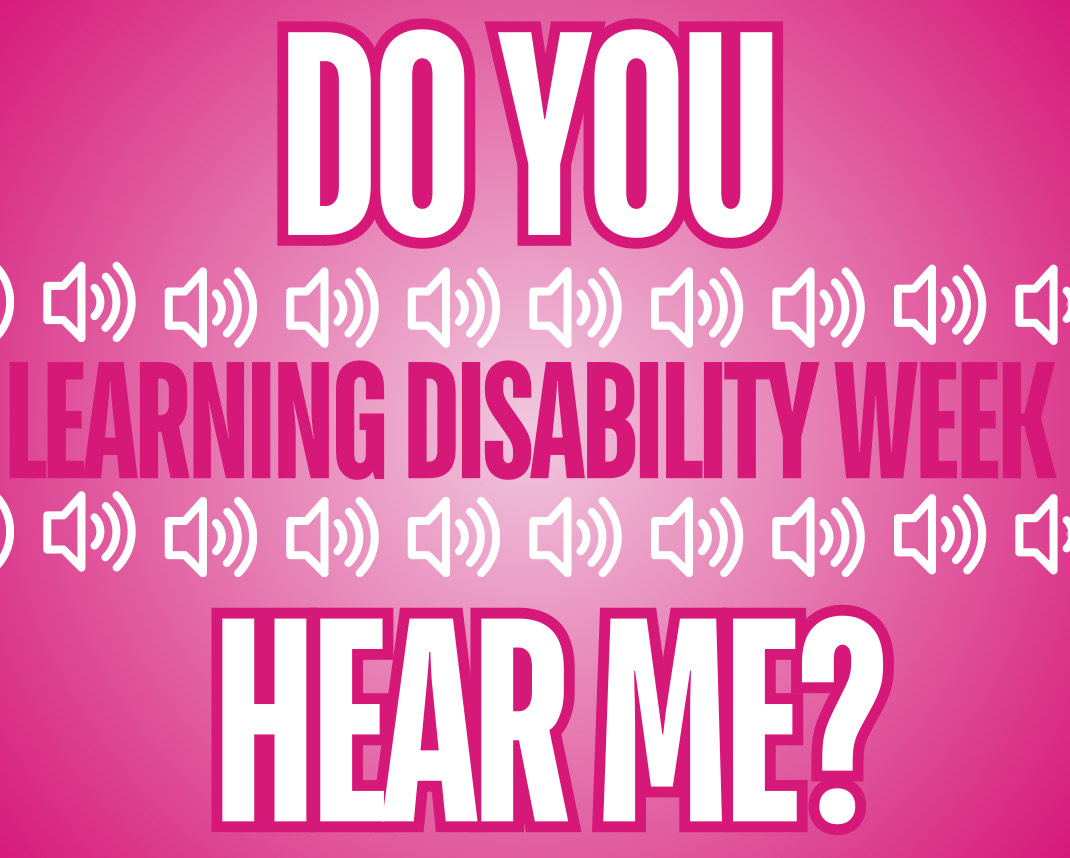Mental health is never linear. It appears in different forms and can be caused by anything. Postnatal depression, in particular, is common among mothers but is still considered to be a taboo subject
The number of new mothers who experience postnatal depression in the UK is approximately one in every ten.
Amy Kitson, 38, was working as a headteacher when she was going through postnatal depression after giving birth to her baby boy.
“My postnatal depression showed up mostly in the form of anxiety; particularly around new situations, but it peaked when I was away from my little boy. When my little boy was first born, the anxiety I felt was almost immediate.
“I remember vividly when my little boy was three days old, me and my other half ventured out of the house for the first time to go for a coffee, pram and baby in tow. When the house came into view on our way home, the tears came thick and fast – the rush of relief at getting home and being ‘safe’ was palpable, much to the confusion of my other half.
“This level of anxiety continued around anything ‘new’ for those first few months – I built things up in my mind as enormous obstacles and overcoming them, little step by little step, took energy and effort. I would come back from outings or events utterly drained, desperate to be back in the sanctuary of home.
“Broadly speaking, things settled as motherhood became my new norm, but the anxiety around being away from my little boy remained. I wanted to go to bed when he went to bed so that I was close to him; I wanted to be with him all day, every day, turning down offers of help so that I could have a break. My other half was very patient and supportive – he didn’t see a lot of ‘Amy’ in those first few months and was often required to mop up my tears.
“I can’t quite remember when the formal diagnosis of Postnatal Depression was confirmed, but I think it was obvious to those around me long before I sought support from my GP.
“Facing my return to work was an enormous thing for me. I was a Headteacher at the time; a job which entailed 12 hour days as standard (on top of a 45+ minute commute) with work to finish off in the evenings or at weekends. The thought of ‘choosing’ to be away from my little boy for hours on end was incredibly hard; the thought of being away from him at all was something I found really difficult.
“Getting back into the swing of things at work was difficult too – baby brain is a real thing and the sleep deprivation didn’t help either. I found myself unable to concentrate fully while I was at work, constantly wondering and worrying about my little boy. I spent most of the day with a knot in my stomach, suppressing the urge to cry several times a day.
“Whether the stress of work made my depression worse or vice versa, I’m not sure, but it was clear that I couldn’t carry on without something (or someone) breaking. For years I had said to my staff ‘we are replaceable to school, we are not replaceable to our families’ – it was time to follow my own advice. This led to the hard decision to leave a profession that had been a huge part of my identity for 16 years. It was tough, but the right choice. Right for me and my family, right for the school who deserved a leader who was truly ‘there’.
“I’m grateful that my school was supportive during this time – I was open about my reasons for leaving and experienced a swell of support from parents and staff members who had been through similar things. Postnatal depression is really common – it’s unfortunate that it’s still quite a taboo subject.
“Away from the stresses of school, with a wonderful partner and family, friends I wouldn’t be without and an incredible therapist (who I saw weekly for quite some time), I found myself on the road to recovery. I moved into the world of Sleep Consultancy after becoming a bit obsessed with sleep after having my little boy.
“After finally getting some more myself, I developed a real passion for helping get children and families the restorative sleep that they need – I’ve lived with sleep deprivation in the very recent past and know how hard it can be. Though launching my own business has been hard and the learning curve steep, it has allowed me the time with my little boy that I wanted and I’m far closer to achieving the dream work-life balance.
“If there are other mums out there, new or experienced, who don’t feel quite themselves, I would urge them to reach out to your GP, or someone you trust, to talk to. I didn’t see how poorly I was when I was right in the thick of it – those close to me had known I was struggling for far longer than I knew myself.
“Taking little steps, day by day, to tackle hard things was really important to me and I can’t underemphasise the importance of having a supportive network – both in motherhood in general and for anyone experiencing mental health challenges.”
As well as postnatal depression, there are some many different mental health issues that can seriously impact a person’s work and home life.
Currently in the UK, 51% of long-term sick leave is due to depression, anxiety, or stress and 64% of managers have considered quitting their job in order to improve their mental health and wellbeing.
Employers and corporations therefore need to consider if the support they are giving their workers is enough. Whether you’re a mother going through postnatal depression or someone who is regularly feeling the demand of your job – you should always be able to seek support.




